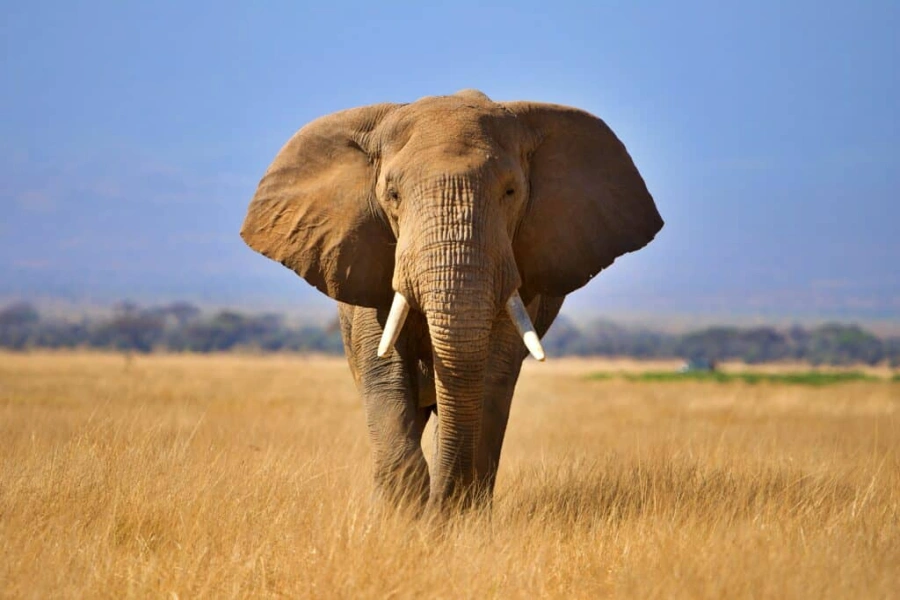KATHMANDU, Feb 26: Adverse weather condition and incorrect computation of center of gravity (CG) contributed to the crash of an Air Dynasty helicopter in Taplejung district on February 27, 2019, killing all seven people on board, shows a report of the probe committee formed to look into the tragic accident.
The government had formed the committee on February 27. It was asked to find out the cause of the accident and make recommendations to prevent recurrence of such accidents in the future.
According to the report, icing formation on the outside of the windshield due to continuous snowfall limits the visibility of crew and limits performance of the aircraft. The weather at Pathibhara was unstable with gusting wind, poor visibility with snowing condition during the take-off, the report states. “Right after take-off, it is assumed that the helicopter had entered into the clouds, then pilot in command (PIC) became disoriented, lost control of the helicopter and collided with steep/rocky terrain which totally destroyed the helicopter killing all seven occupants,” it stated further.
Adverse weather affects flights at TIA

The committee concluded that the center of gravity computation while carrying two passengers in the front seat was not correctly done as per the flight manual, leading to forward center of gravity being out of limits.
The weight on two-passenger seat should not be more than 154 kilograms.
“The flight dispatcher had submitted a load sheet to the PIC before departure from Kathmandu which shows that center of gravity was within limit. In fact, center of gravity was forward of the prescribed limit,” the report read. “The use of front bench seat with two adult passengers usually leads to exceedance of prescribed weight limit of 154 kilograms.”
According to the Flight Manual's Section 2.1 "Occupants", the minimum flight crew is one pilot in right seat and maximum number of occupants (including flight crew) is six. The flight manual allows the number of occupants to go up to seven including crew.
"While the flight plan was submitted to the Air Traffic Service (ATS) Reporting Office, the destination was Panchthar. But the pilot was found to have changed the destination to Terhathum through round trip (RT)," the report states.
According to the report, the fuel on board was only for the Kathmandu-Terhathum-Kathmandu sector, which indicates that there was no plan for the Pathibhara sector. The flight was found to have been planned in very short time and conducted in a hurry. “If we had prior notice of the arrival of the helicopter, we would have immediately suggested them to cancel the flight,” the report quoted a priest of Pathibhara Temple as saying to the probe committee.
The then Minister for Culture, Tourism and Civil Aviation Rabindra Adhikari and his personal security officer Arjun Ghimire, Ang Tsering Sherpa of Air Dynasty, CAAN Deputy Director Birendra Kumar Shrestha, CAAN Director Dhurbadas Bhochhibhoya, Under Secretary at the Prime Minister's Office Yubaraj Dahal, and pilot Pravakar KC were on board the ill-fated aircraft.






































